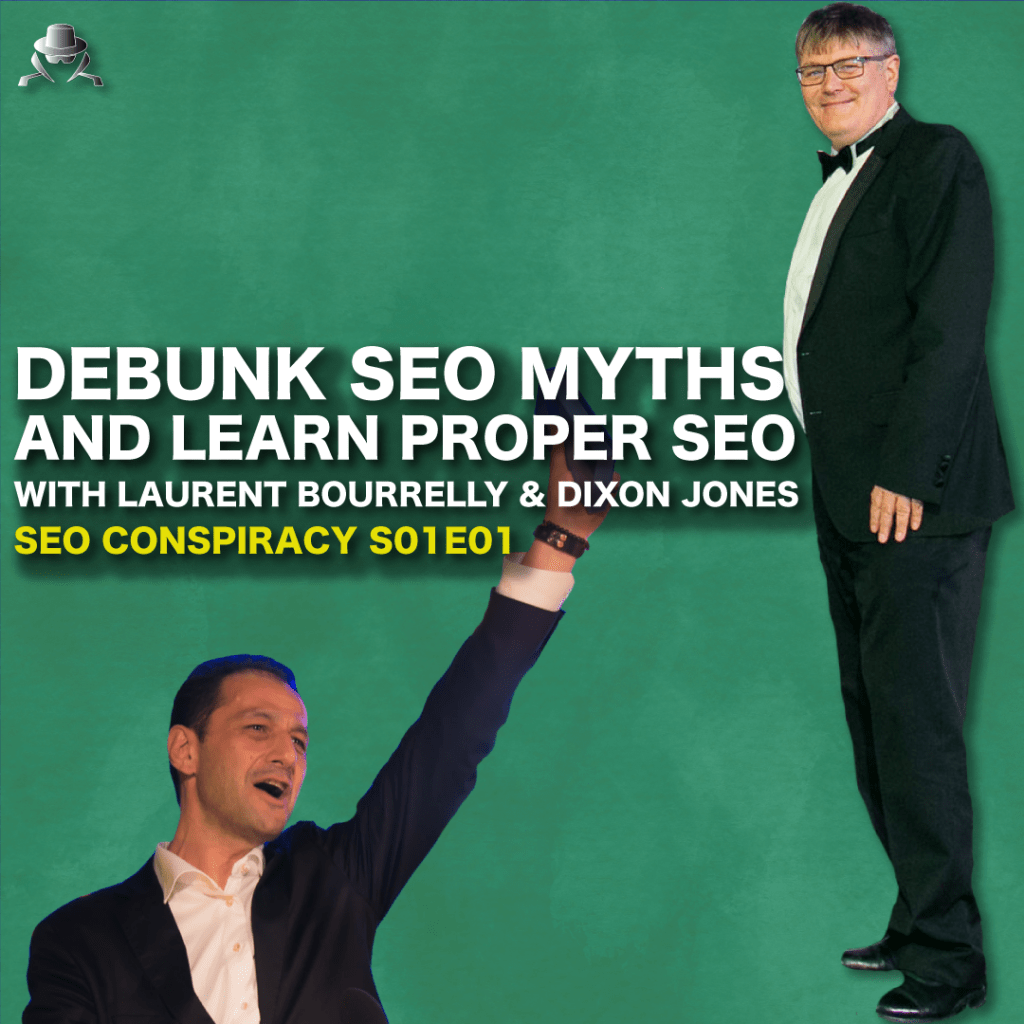SEO professionals need to stop blaming Google and start adapting.
Why SEO is a Marketing Superpower
SEO isn’t just another digital marketing tactic—it’s a channel rooted in intent. Unlike outbound strategies, SEO aligns with what people are actively searching for, making it one of the most effective ways to engage audiences.
But SEO is also misunderstood. Many see it as a dark art performed by “digital magicians” who decipher Google’s algorithms. In reality, SEO is a mechanical process. When approached methodically, it yields incredible results.
The Problem with Complaining About Google
The SEO industry is filled with complaints about Google: core updates, Reddit rankings, and algorithmic changes. But complaining solves nothing.
Google isn’t the enemy. Its primary goal is to serve users, not SEOs. Understanding this shift is critical. Instead of blaming Google for ranking decisions, ask, “Why is this result showing?” Complaining without solutions only masks deeper frustrations.
Why SEO Isn’t Broken
Many SEOs argue that Google is “broken” or biased. While algorithms have evolved, they still follow predictable patterns. The real issue lies in adapting strategies to meet Google’s expectations.
Google wants content that provides value, perspective, and engagement. Forums like Reddit dominate because they offer unique viewpoints—something over-optimized, generic content fails to deliver.
The Importance of Asking the Right Questions
The best SEOs don’t complain—they analyze. The key to success lies in asking the right questions:
- Why is this result ranking?
- What signals is Google prioritizing?
- How can I align my content with what Google values?
Learning to ask “why” allows you to uncover patterns, adapt strategies, and outperform competitors.
Adapt or Quit: The Mindset of Success
SEO has never been easy. Since the early 2000s, it has only grown more complex. But complexity isn’t a reason to quit—it’s an opportunity to evolve. Complaints won’t get you to the top of the SERPs, but adaptation will.
Every core update and algorithm shift is a chance to refine your approach. Instead of resisting change, embrace it as part of the SEO journey.
Building a Mechanical SEO Strategy
A successful SEO strategy is 100% mechanical. It involves:
- Clarity: Understand your goals and align them with your resources.
- Execution: Do the work—there’s no shortcut.
- Adaptation: Continuously refine your strategy based on data and results.
The Topical Mesh strategy exemplifies this approach, integrating content, links, and user engagement to deliver consistent results.
Learn about the Topical Mesh strategy.
Focus on Solutions, Not Blame
SEO isn’t about fighting Google—it’s about working with it. Complaints only waste time and energy that could be spent finding solutions. Focus on:
- Creating valuable content.
- Building strategic internal and external links.
- Enhancing user engagement with multimedia and storytelling.
When you align your efforts with Google’s priorities, success follows.
The Path Forward for SEO Professionals
Stop the blame game. Google isn’t broken; it’s evolving. To thrive in this landscape, SEOs must embrace change, adopt proven strategies, and approach challenges with a problem-solving mindset.
The future of SEO belongs to those willing to adapt, innovate, and execute consistently.


